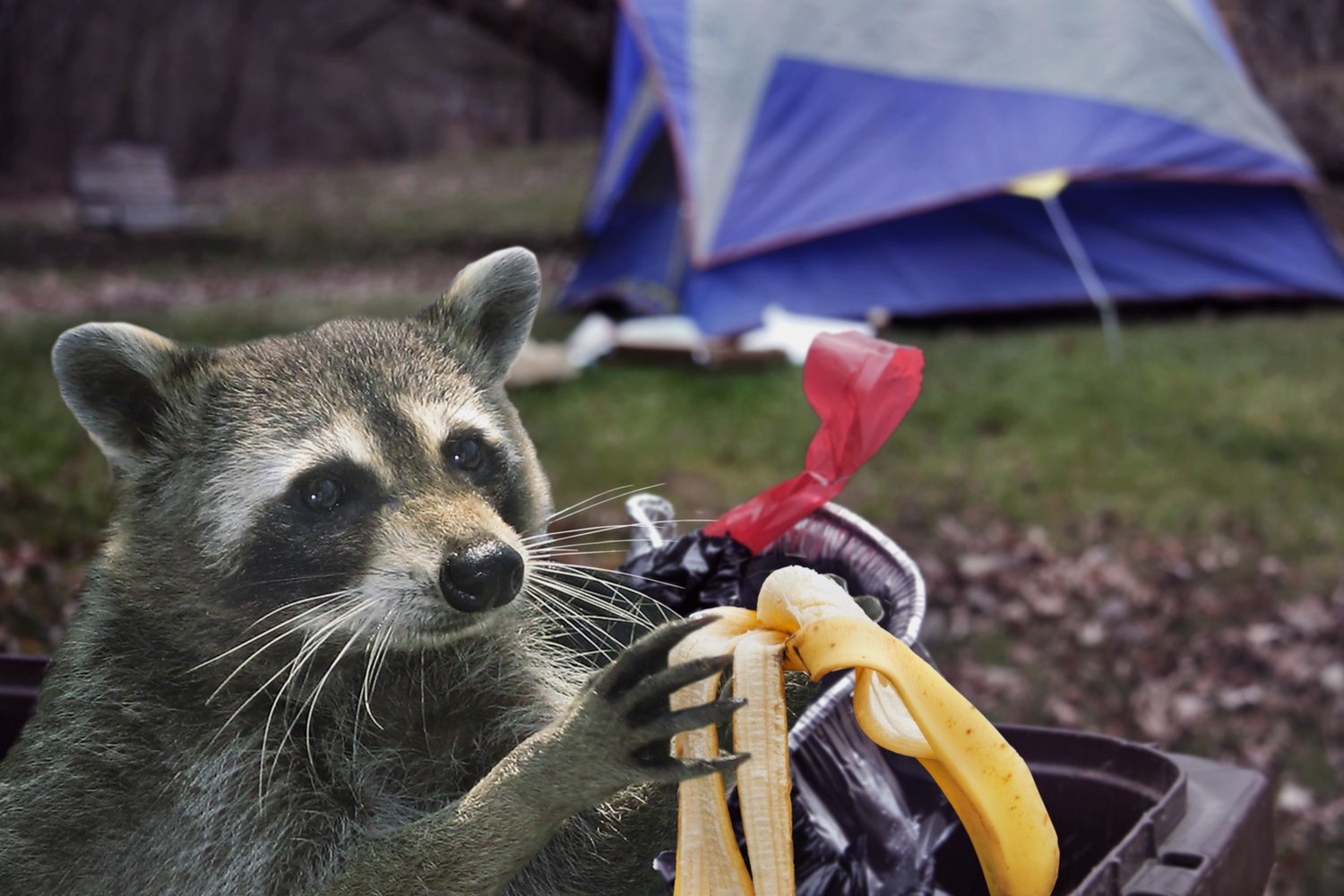2 Rabid Raccoons Found in Chapin Within a Month
A rabid animal was found this week in Lexington County.
This item is available in full to subscribers.
Subscribe to continue reading. Already a subscriber? Sign in
Get 50% of all subscriptions for a limited time. Subscribe today.
Please log in to continueNeed an account?
|
2 Rabid Raccoons Found in Chapin Within a Month
A rabid animal was found this week in Lexington County.
The raccoon was one of three rabid animals the state Department of Health and Environmental Control reported testing positive for rabies in a July 15 news release.
It was found near Stuck Points Road and Eptings Camp Road in Chapin.
“No people are known to have been exposed at this time,” the release states. “Four dogs were exposed and will be quarantined as required in the South Carolina Rabies Control Act. The raccoon was submitted to DHEC's laboratory for testing on July 12, 2022, and was confirmed to have rabies on July 13, 2022.”
The raccoon was the second rabid animal to be found in Lexington County this year. Another rabid raccoon was identified by DHEC in Chapin on June 14.
In 2020, the most recent year for which DHEC has rabies totals available online, Lexington County had a total of 14 rabid animals identified, 6 of which were raccoons.
The other rabid animals found this week were a skunk in Pickens and a raccoon in Wallace.
"Rabies is usually transmitted through a bite or scratch which allows saliva from an infected animal to be introduced into the body of a person or another animal. However, infected saliva or neural tissue contact with open wounds or areas such as the eyes, nose, or mouth could also potentially transmit rabies," Rabies Program Team Leader Terri McCollister is quoted.
"To reduce the risk of getting rabies, always give wild and stray animals their space. If you see an animal in need, avoid touching it and contact someone trained in handling animals, such as your local animal control officer, wildlife control operator, or a wildlife rehabilitator. Please report all animal bites, scratches, and exposures to potentially rabid animals to DHEC.”
DHEC also encourages keeping pets (dogs, cats and ferrets) and other animals up to date on their rabies vaccinations.
“You can also vaccinate livestock such as horses, cows and sheep,” says the department’s web page on rabies. “This not only protects your animal, it protects you and your family from this deadly virus.”
According to DHEC, the primary carriers of rabies in South Carolina are raccoons, skunks, foxes and bats.
Keywords
lexington county rabies, sc dhec, rabid animal midlandsOther items that may interest you







Comments
No comments on this item Please log in to comment by clicking here